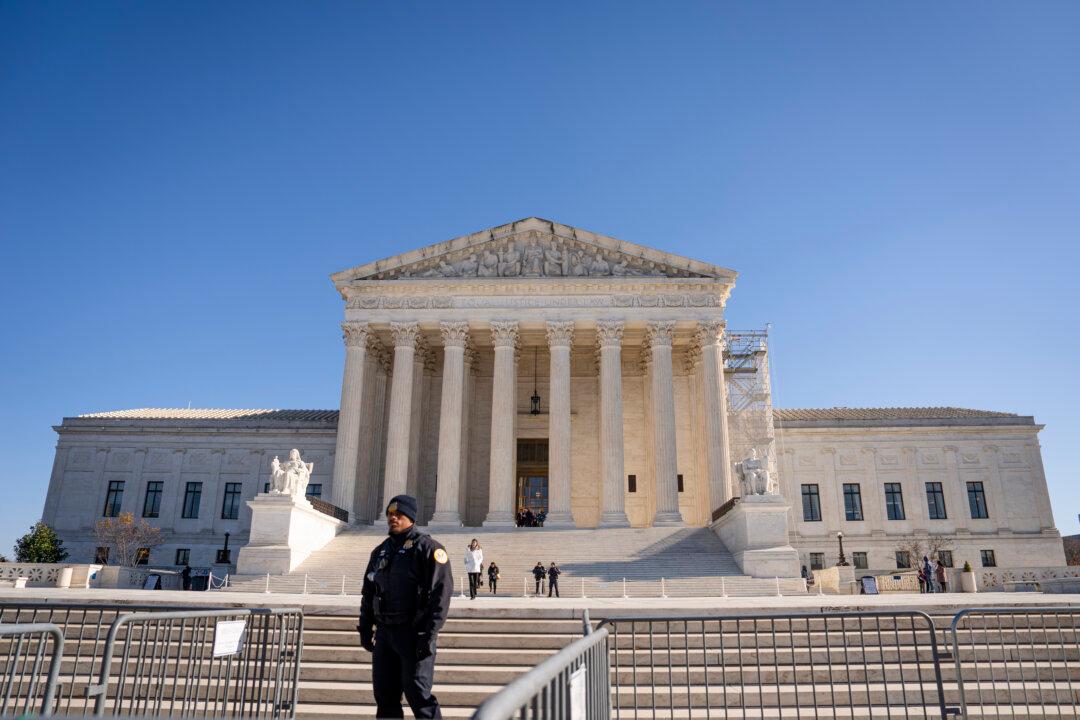The U.S. Supreme Court on Dec. 3 grappled a second time in three years with whether foreigners should have access to U.S. courts in lawsuits over assets seized during the Holocaust.
Justices seemed largely sympathetic to Hungary’s arguments during the hearing in Republic of Hungary v. Simon. Like Hungary itself, Hungarian State Railways—called Magyar Allamvasutak Zrt. in the complaint—is also a petitioner in the case.





